The United Nations Children’s Fund (UNICEF) has disclosed that Nigeria is facing a staggering learning crisis with learning outcomes being one of the lowest globally.
The organization further disclosed that at least 10 million children ages 3 to 5 are not enrolled in Early Childhood Care and Development Education (ECCD) services.
The Education Specialist (UNICEF), Manar Ahmed, who disclosed this at a Media Dialogue on Foundational Literacy and Numeracy (FLN) on Friday, in Kano, said Nigeria has a short supply of qualified teachers, as 27 percent of the teaching staff are unqualified.
Quoting data from the Universal Basic Education Commission (UBEC) assessment of 2018/2019, Ahmed said there is 37 percent shortage of classrooms at the national level, adding that “197,000 out of 400,000 classrooms in Nigeria are bad”.
In his presentation, Chief of UNICEF Field Office, Kano, Rahama Farah, revealed that UNICEF and the federal government had been collaborating to improve the outcome of education in the country.
Read Also: Kano court remands elderly woman, teenager for plucking boy’s eyeball for…
Farah, who was represented by Officer-in-Charge, UNICEF Field Office, Kano, Elhadji Diop, said much was still needed to be done as improving learning outcome was key to achieving basic learning.
He said: “According to the World Bank, Nigeria is experiencing learning povert, as 70 per cent of 10 year-old cannot understand a simple sentence or perform basic numeracy task.
“To address the challenge, achieving basic learning outcomes at the foundational level of education is key. It is clear that to improve learning outcomes in Nigeria, achieving basic foundational skills at that level of learning cannot be over emphasised.
“So we need to mobilise stakeholders to join forces in addressing the challenges of eradicating learning poverty in the country.
“UNICEF is already supporting the Government of Nigeria to improve Foundational Literacy and Numeracy through tailor-made, teaching-learning practices, such as Teaching at the Right Level (TaRL) and Reading and Numeracy Activities (RANA).
“A lot still needs to be done to scale-up Foundational Literacy and Numeracy in Nigeria.”
Earlier, while explaining the objectives of the media dialogue, UNICEF Communication Specialist, Geoffrey Njoku, said the essence was to create awarenesses on reviving the nation’s education sector at the basic level.
There is the need for the nation’s curriculum at the basic education level to be moderated to enhance the learning skills of school children, he said.
Njoku, who also harped on the need for the training of teachers in the country, said the success of Sustainable Development Goals (SDG) cannot be achieved without due attention on the children’s rights.







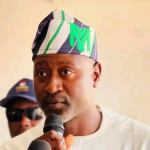
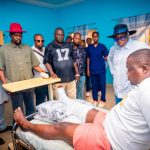

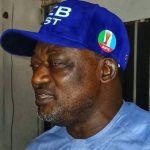
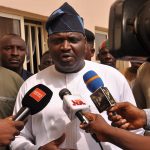






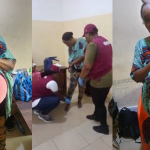
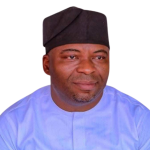
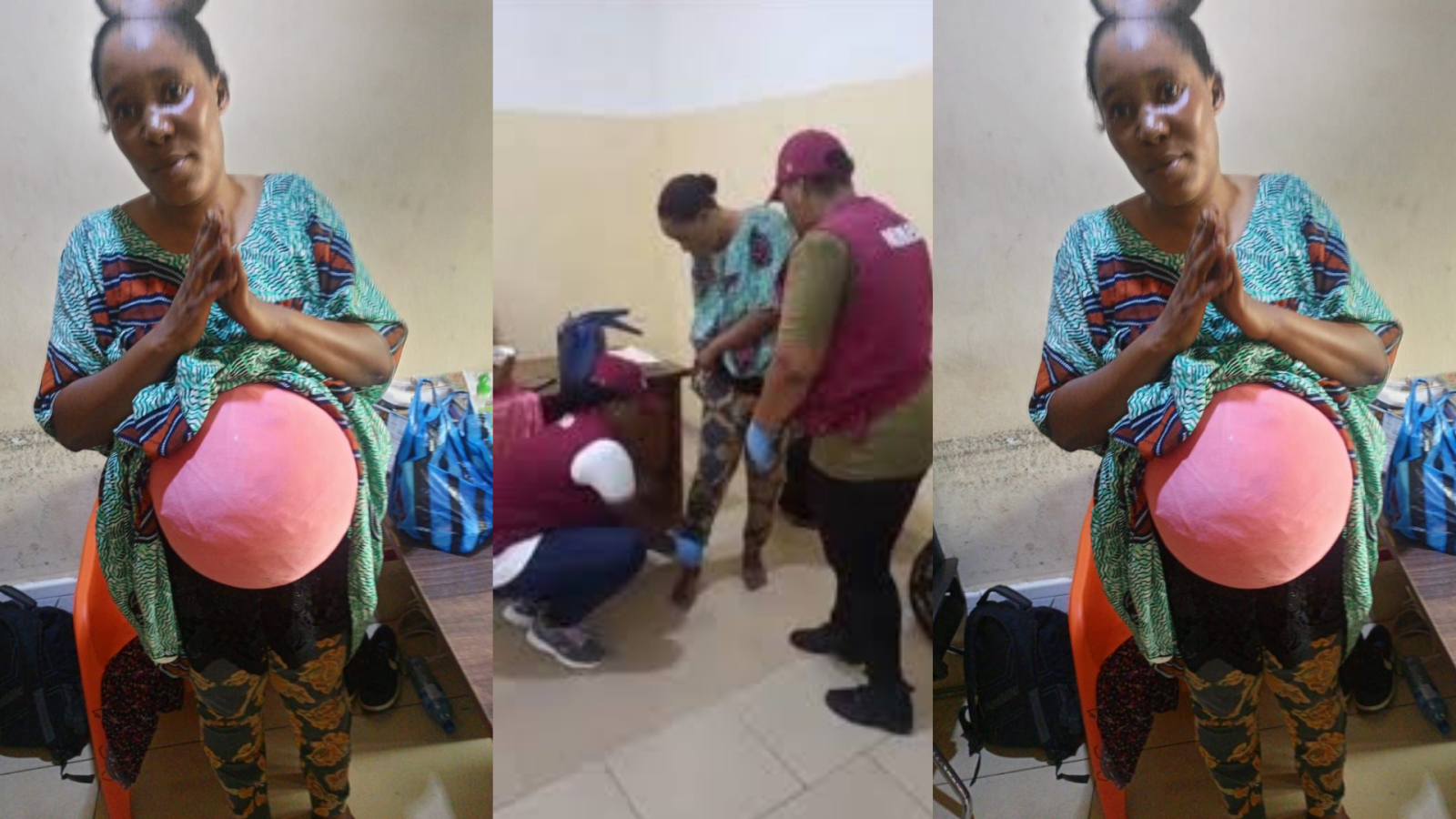
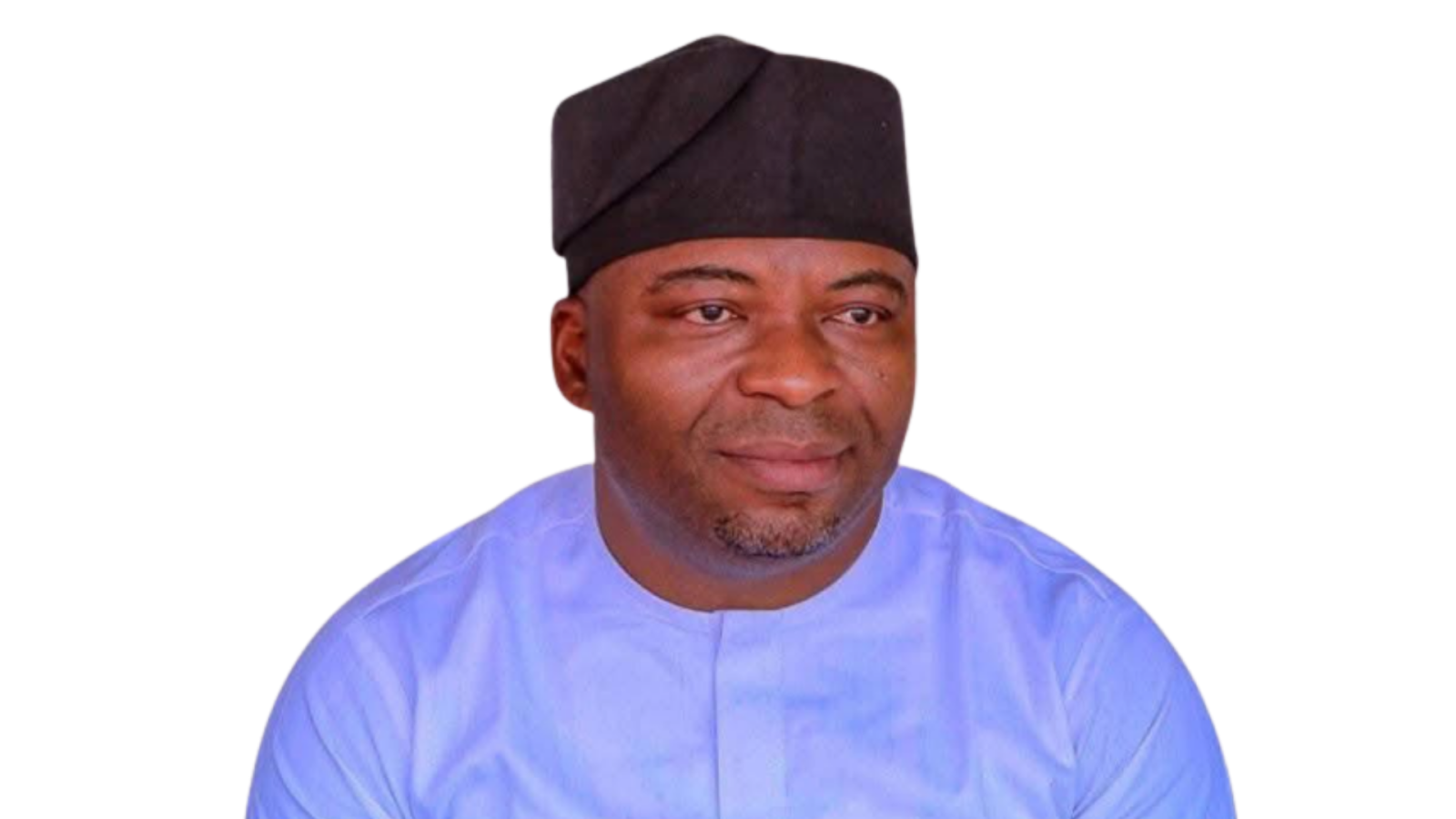

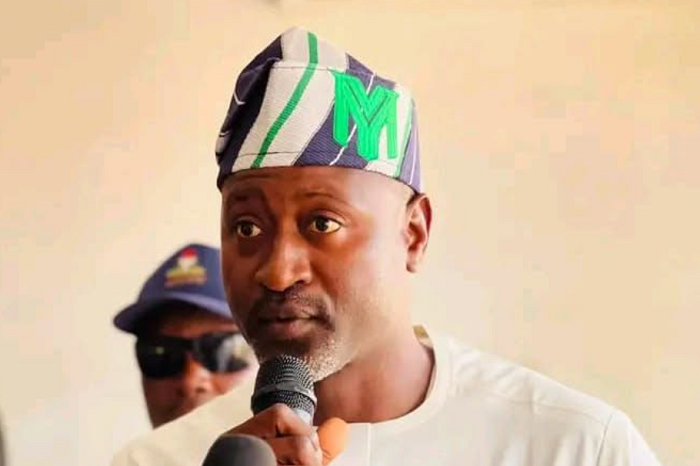
Leave a comment